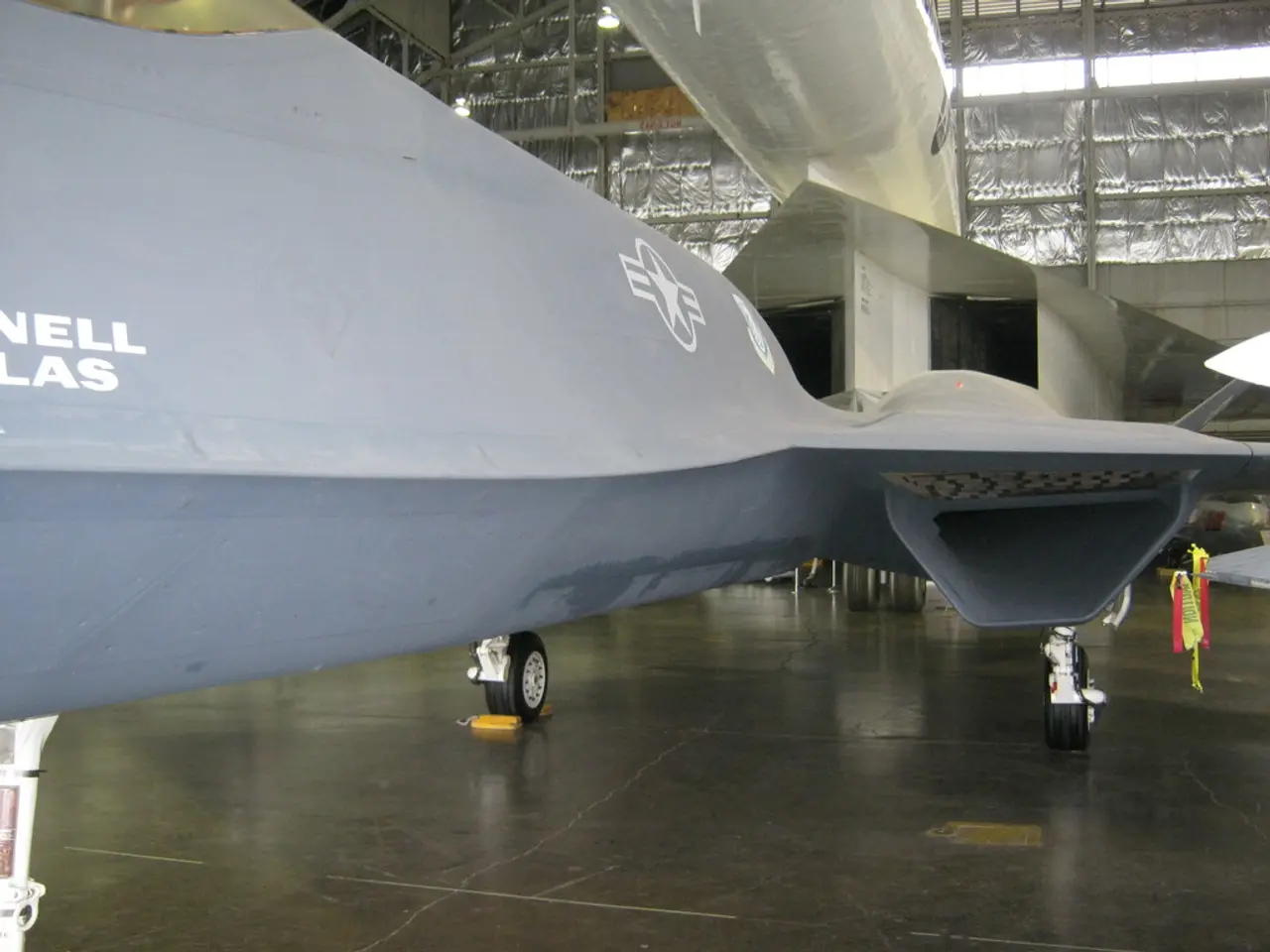Airplane Cabin Atmosphere Impact on Digestion: Canines Facing Troubles
Air travel can sometimes be an uncomfortable experience, and one common issue that passengers may encounter is the odor of flatulence. While scientific studies and expert advice on this specific topic are limited, there are several methods that can help reduce the odor of flatulence during flights.
Gastroenterologist Birgit Terjung advises against consuming heavy meals like pizza or burgers at the airport, as they can increase gas production. Hans-Christian Pommergaard, a Danish surgeon, suggests letting flatulence pass and using activated carbon in airplane seats to neutralize odors. Activated carbon has been proven effective in neutralizing fart odors, according to a study published in the "American Journal of Gastroenterology" in 2005.
Dietary adjustments before and during flights can also help reduce flatulence and its odor. Avoiding flatulogenic foods such as beans, onions, garlic, carbonated drinks, and certain vegetables (broccoli, cabbage, Brussels sprouts) may help, as these foods increase intestinal gas production and sulfur-containing compounds that cause odor. Managing food intolerances, such as lactose intolerance, can also limit excess gas and odor by preventing poorly digested carbohydrates from fermenting in the gut.
Some studies suggest activated charcoal tablets or charcoal-filtered underwear may absorb sulfur gases that produce flatulence odor. Using toilet facilities with adequate ventilation promptly after feeling the need to pass gas can also minimize trapped odor in tight airplane cabins.
Cabin air filtration and ventilation reduce any environmental build-up of odors, but this is managed by the aircraft system rather than the passenger. The study published in the "New Zealand Medical Journal" in 2013 by Pommergaard and colleagues suggested using activated carbon filters for airplane seats to improve odor neutralization. However, Airbus does not consider the idea of activated carbon in seats necessary due to the advanced cabin air circulation.
Turkish Airlines provides tips on preventing increased flatulence, such as drinking herbal tea instead of caffeine and eating and drinking slowly to swallow less air. Carbonated drinks can cause more air in the gut, and alcohol can hinder digestion, according to Terjung.
In summary, effective odor reduction during air travel mainly involves diet and digestion management to reduce gas production and odoriferous compounds. The scientific literature on specific interventions in airplane settings is scarce, but principles of flatulence biology and odor control apply. None of the search results directly address flatulence odor control in air travel or scientifically tested methods specific to that context.
If you seek expert or medical-grade solutions, consulting healthcare providers specializing in digestive health or travel medicine is advisable. It's also worth noting that Lufthansa has no knowledge of the phenomenon of passing gas on board, and unlike economy seats, leather first-class seats do not absorb farts, according to an unspecified source. Christiane Oelrich, a gastroenterologist from Bonn-Beuel, also suggests using activated carbon to neutralize odors if flatulence occurs.
- Gastroenterologist Birgit Terjung recommends avoiding heavy meals like pizza or burgers at the airport, as they can increase gas production and potentially lead to increased odor of flatulence during flights.
- Hans-Christian Pommergaard, a Danish surgeon, suggests using activated carbon in airplane seats to neutralize odors caused by flatulence, a method that has been proven effective according to a study published in the "American Journal of Gastroenterology" in 2005.
- To manage flatulence and its odor during flights, it's advisable to avoid flatulogenic foods such as beans, onions, garlic, carbonated drinks, and certain vegetables like broccoli, cabbage, and Brussels sprouts, as they increase gas production and sulfur-containing compounds that produce odor.
- Utilizing activated charcoal tablets or charcoal-filtered underwear may help absorb sulfur gases that produce flatulence odor, according to some studies, along with prompt use of toilet facilities with adequate ventilation after feeling the need to pass gas.






